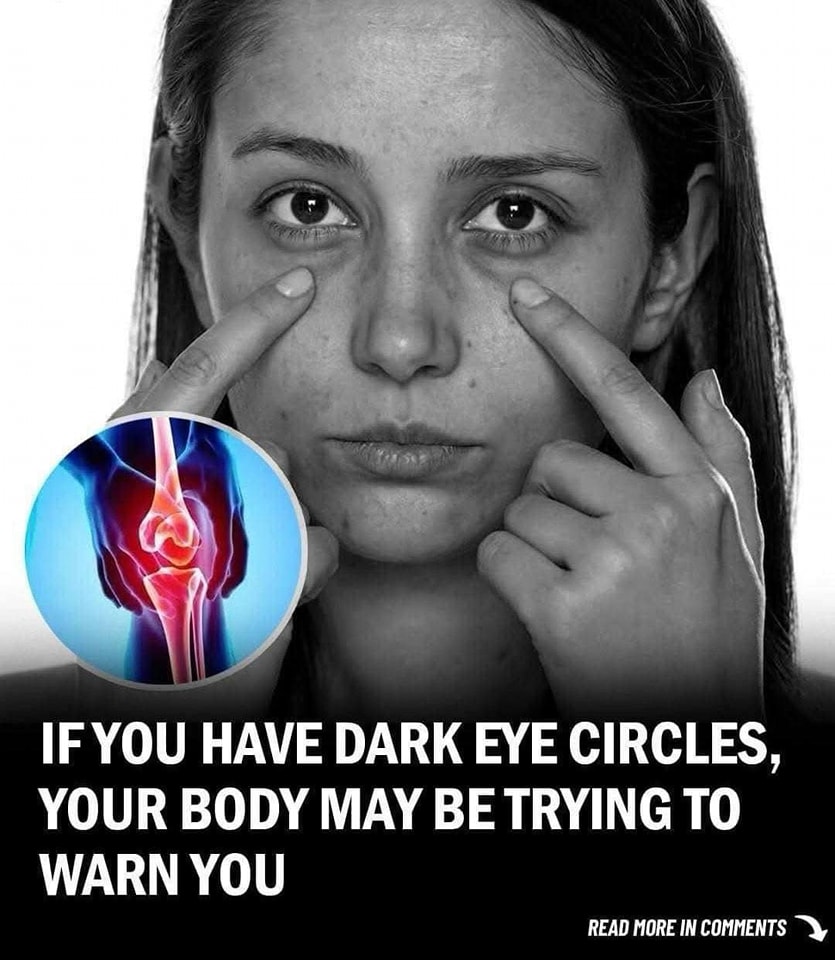Dark eye circles are not that uncommon. In fact, many people struggle with them at some point in their life, and they can result from a range of factors.
The skin around the eyes is thinner and more delicate than that of other parts of our body, making it more prone to discoloration and blood flow.
While most under-eye bags are a result of temporary conditions such as lack of sleep, or maybe aging, they can also be a sign of more serious conditions.
But before we get to that, lets take a look at some of the less serious possible causes such as hyperpigmentation. This is a condition that can occur spontaneously or systematically as a result of sun exposure, allergic dermatitis, edema or swelling, hormones, and aging.

This condition isn’t health-threatening and can be fixed though diet.
The swelling under the eyes can also be cause by an allergic reaction or excess buildup of fluids in the body. Also, they may appear with age due to the gravity affecting the collagen tissue of the under-eye skin, causing skin elasticity to weaken, sag, and build up fat tissue.
Other, more serious reasons, that cause dark eye circles can be poor circulation, food intolerance, and iron deficiency.

One way to learn if your dark eye circles are due to poor circulation, try pushing gently against the skin there. When you take your finger away and notice the area becoming lighter and then getting dark again, slow blood flow might be what causes them.
Certain food allergies manifest through dark eye circles, according to the Mayo Clinic. They can be an allergic reaction to certain foods or added preservatives.

The most serious condition is iron deficiency, especially if the dark eye circles are accompanied with other symptoms such as fatigue, frequent colds, and dizziness.
Low iron levels affect your body’s ability to produce hemoglobin, which is essential for carrying oxygen to cells. When this process is disrupted, poor blood circulation can lead to dark discoloration under the eyes.
*Disclaimer: This information is for informational purposes only and not a substitute for professional medical advice, diagnosis, or treatment. Always consult your physician or healthcare provider with any questions about your health or medications. Do not disregard professional advice based on this information.
Please SHARE this article with your family and friends on Facebook.


